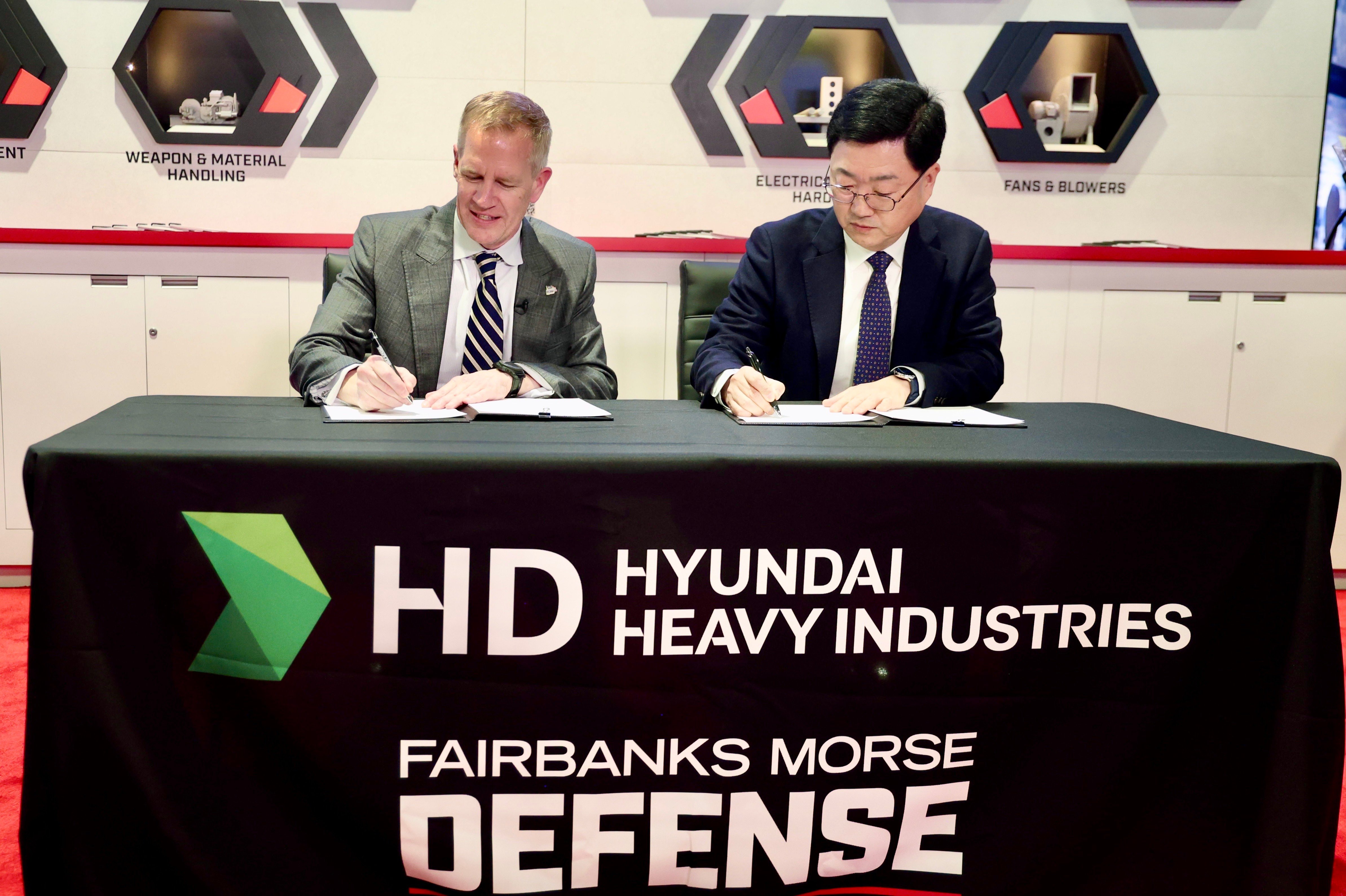Introduced to Fairbanks Morse in October of 2013, the Books@Work program is designed to promote team cohesiveness, a sense of community in the workplace, and strengthen the interpersonal relationships between colleagues. Through a carefully selected piece of literature, participants are drawn into a discussion on the work’s messages, themes, context, structure, and characters. Using the text as a springboard, the discussion explores both the explicit and the implicit use of language to drive it’s narrative and meaning—or not.
“Where we’ve had success,” says Brian, “was less about discussing the specific literature itself and more about discussing either the themes that came out of what we were reading or some broader context as to how the specific piece of fiction can apply to our daily lives, current events, or just something more personal.” Often times, the Books@Work meetings explore more deeply into our own character and themes than they do into the pages of the book that inspired the self-reflection. “That created the best conversations,” he said.
Brian, a ten-year veteran of Fairbanks Morse, has been with the program since its inception. He describes the sessions as being “very book or short story specific,” while noting that the discussions “vary with who the participants are.” Having been involved with several groups, he discusses the effect that disparate personality types can have on the tenor of the group. “To hear how different people interpret the same information sometimes surprises me,” he admits, “the biggest thing for me was to better understand how other people interpret the readings and how they respond to the readings.”
In reading The Paper Menagerie and Other Stories, for example, Brian noticed the different directions participants can take in interpreting a text. A collection of short stories written by Ken Liu, a recurring theme of the reading revolved around personal data and how it can be used—sometimes nefariously. While Brian noted that “you’re more or less giving up the privilege and the right to privacy when you’re searching on the internet or using social media,” he was intrigued by the interpretations of others. Ranging from government surveillance to martyrdom, the discussion took unexpected, but engaging, turns.
While differing perceptions are interesting, as an engineer, literal interpretations appear to be more in line with Brian’s approach to literature. Of all the pieces he’s read in his six years of participating in the program, How Buildings Learn was easily named as his favorite. A book by Stewart Brand, it explores the impact we have on the buildings we occupy—how their stories are shaped by our presence. “They’re used for one purpose, then for another with an entirely different set of people using it,” said Brian, describing the theme of the book.
In fact, that very notion set his mind to wonder about the use of the buildings at Fairbanks Morse. “A lot of these buildings date back to the mid- or late-1800’s,” he notes, “before, there was nothing of consequence in the building I’m sitting in right now—in ten years, everything has changed.” Now aware of their stories, he explores the buildings that he often occupies more closely—his work, the market, his home—and he sees that “buildings are four walls, but four walls can be so much more than just buildings.”
These surprising moments of self-awareness—epiphanies, if you will—are not unique to Brian or engineers or even participants of Books@Work. They are, however, often discovered in the processes that Books@Work aims to facilitate—honest self-reflection and open discourse. “It doesn’t matter what group it is,” Brian explains, “we’re all still human beings and we have interests outside of work and this provides an avenue for those interests to shine through.” Just as he’s discovered benefits to the Books@Work program in his personal life, he has noticed benefits in his professional life as well.
Asked if his experiences with the program helps him to collaborate at work, Brian says, “yes, it does. It doesn’t seem to matter whether it’s the engineering group or the broader group we had when we first started with the program,” the Books@Work program has provided an ice-breaker for him to communicate more effectively with colleagues. However, as for inspiring him to explore other literature, the immediate answer was “no.” But, it’s not for lack of interest, “reading on my own isn’t as insightful or impactful to me,” Brian explains, “Books@Work is just a more interesting way for me to read and interpret what is being read.”
With closing words for anyone considering getting involved with the Books@Work program, Brian encourages you “because it offers an opportunity to not have to be our traditional workplace or professional selves and just get a chance to be people amongst people.”
Fairbanks Morse strives to offer employees opportunities to build interpersonal relationships and develop a sense of community outside of their daily routines. Of the many resources available, our Books@Work program has been growing in popularity amongst employees. In this blog series, we would like to highlight the experiences of participants and encourage other employees to join in the conversation.
Books@Work continues to encourage the Fairbanks Morse mission of powering the world forward.





